| We are delighted to feature Sharon Kane's work today--especially since it focuses on the youth lens, which we've discussed on the blog before. Some helpful background information (referenced by Dr. Kane below) can be found in Sarigianides, Petrone, and Lewis's free access article titled "How Re-thinking Adolescence Helps Re-Imagine the Teaching of English." Sharon Kane is a professor in the School of Education at the State University of New York at Oswego. She is the author of Literacy and Learning in the Content Areas: Enhancing Knowledge in the Disciplines (2019, Routledge) and Integrating Literature in the Disciplines (2020, Routledge). A new book, Teaching and Reading New Adult Literature in High School and College, also from Routledge, is forthcoming. |
Perhaps because I have found such value in using this approach as I teach and read YA literature, I started noticing titles of books that include the word becoming. Evidently many authors find it a useful construct. Michelle Obama chose it as the one-word title of her memoir, Becoming. Joe Couloumbe titled his story Becoming Trader Joe, adding the subtitle How I Did Business My Way & Still Beat the Big Guys. Kareem Abdul-Jabbar offers Becoming Kareem: Growing Up on and off the Court. I found Saga Boy: My Life of Blackness and Becoming, by Antonio Michael Downing. Readers who have fond memories of Sesame Street might enjoy Becoming Maria: Love and Chaos in the South Bronx, by Sonia Manzano. There’s no reason to think these memoirists viewed the word becoming as having a negative connotation.
Librarians and teachers can invite students to think about the outside and internal forces that have shaped who they are so far, and then to envision the next steps on their quests for a purposeful life. What might they encounter on the road to arriving at whatever they aspire to? How can they play an active role in the forming of their future selves? The following is a sample assignment (adapted from Kane, forthcoming) that may help students explore and employ the construct of becoming:
Biologist Sy Montgomery named her memoir Becoming a Good Creature. Now that you have explored some of the books in our “Becoming” Text Set, choose one of the following options. Feel free to use a graphic format, with panels and speech bubbles, if that works for you.
A. What would your memoir about the people and events that made you who you are today look like? How might you structure the chapters? Looking ahead, what do you anticipate could be some key points in future chapters? Write ideas down to discover and share your story.
B. Choose a well-known person (historical or contemporary) in the field you are pursuing, and research their early lives and influences. What caused them, or enabled them, to become the person they are today, or that they became noted for in history? How would you approach writing a “Becoming” essay or book about them?
C. Interview an adult to find out about what personal characteristics or interests, events, and people influenced them throughout their childhood, adolescence, and early adulthood. Explain that you are interested in the concept of becoming, and would like their opinions about how people can grow into the best versions of themselves; about how to match careers and passions; about what qualities young people should be developing and nurturing. As you listen, take notes, and ask probing questions if appropriate. How did they decide on or land the job they are in? What are their hopes for the future? What advice would they like to offer to you and your friends who are at an earlier stage of becoming? Be sure to thank them for the valuable gifts of their time and thoughts. Later, write a reflection based on what you heard.
| I’m also a breathing set of contradictions: a child who has known the greatest love there is, and one who longed for an affirmation that eluded me. I’ve been a builder of inner walls and a burier of feelings. I’ve been both someone in denial and a free spirit, an artist in hiding and a ‘hood hippie.... I’m discovering who I am at my core—and becoming, day by day, more myself. (p. 5) |
Kane, S. Reading and Teaching New Adult Literature in High School and College. Routledge, forthcoming.
Keys, A., with Burford, M. (2020). More myself: A journey. Flatiron Books.
Sarigianides, S.T., Lewis, M.A., & Petrone, R. (2015). How re-thinking adolescence helps re-imagining the teaching of English. English Journal, 104(3), 13-18.
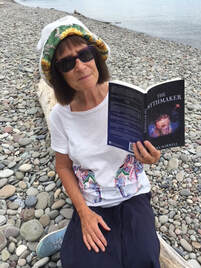
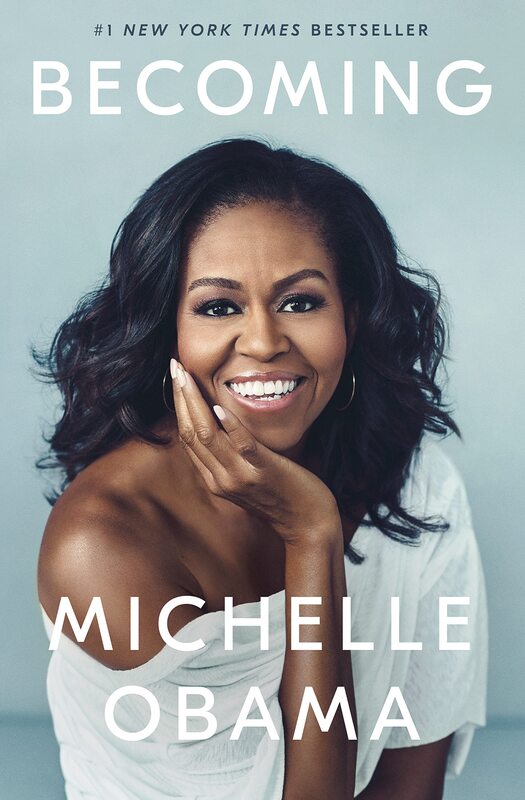
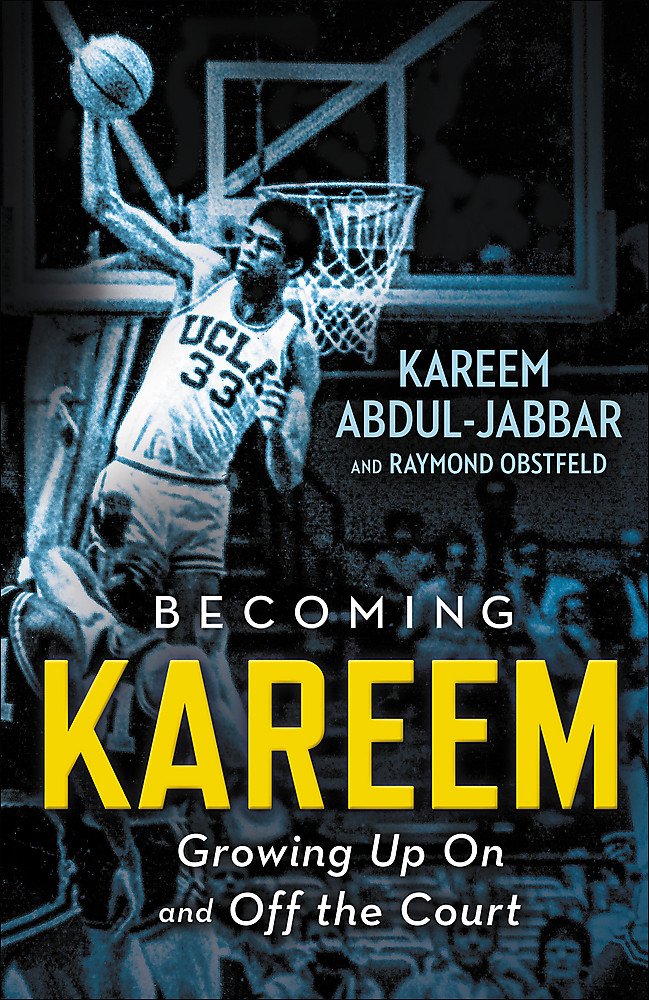
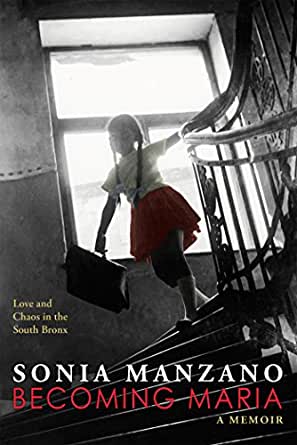

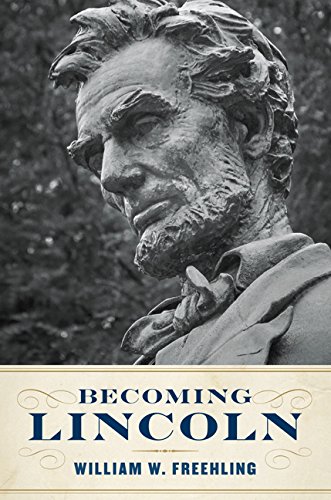
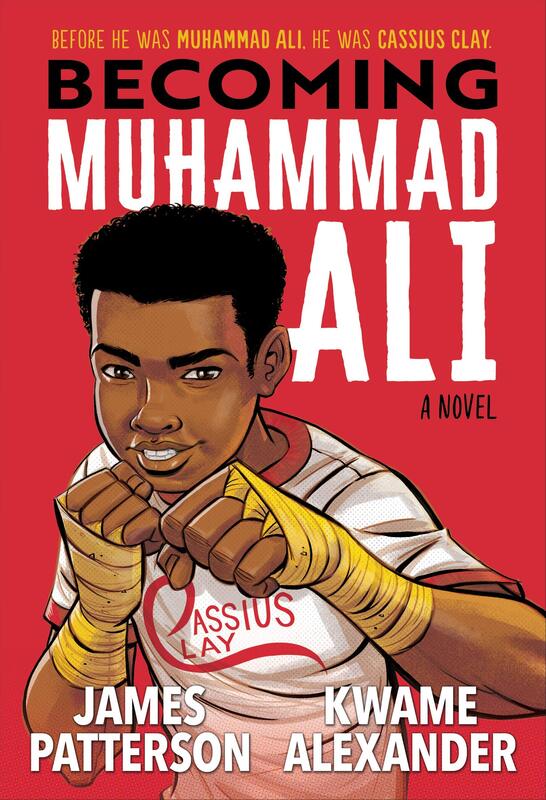
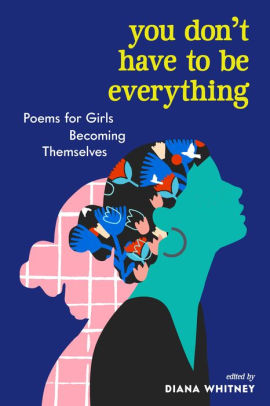
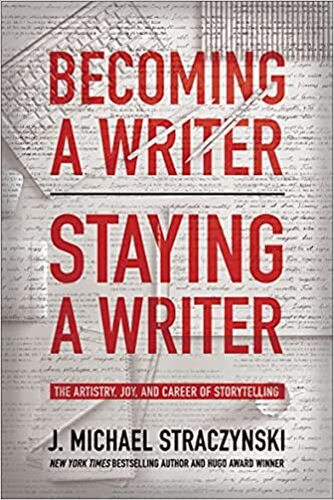
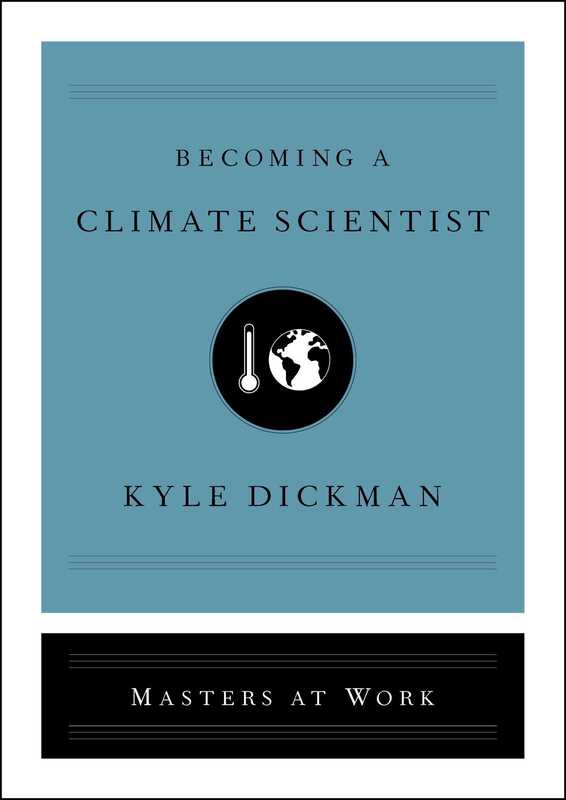
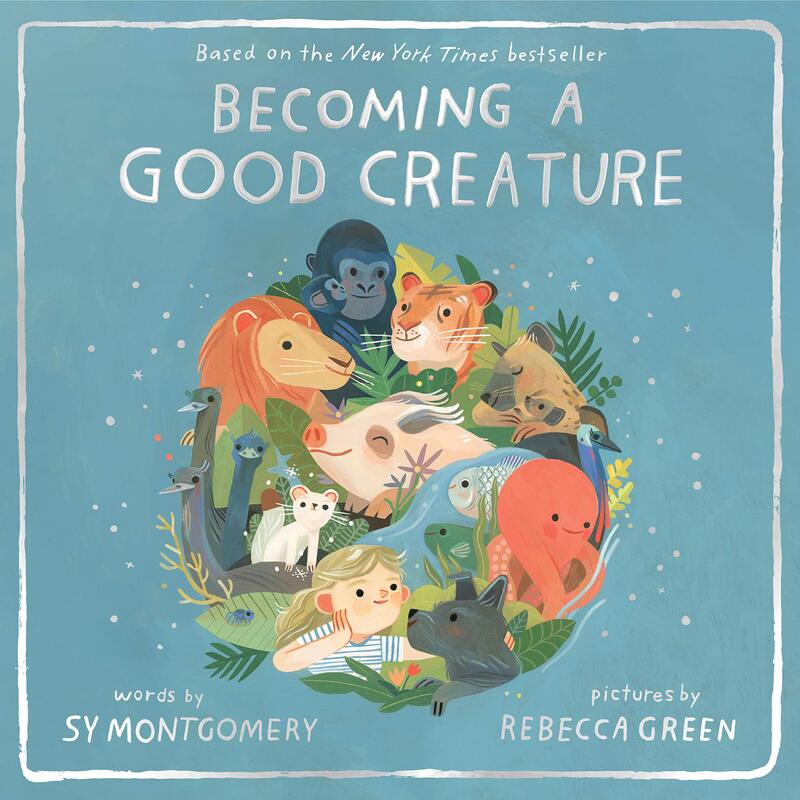
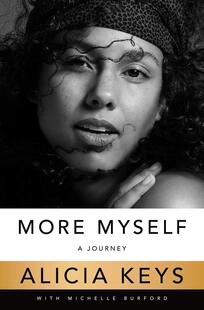
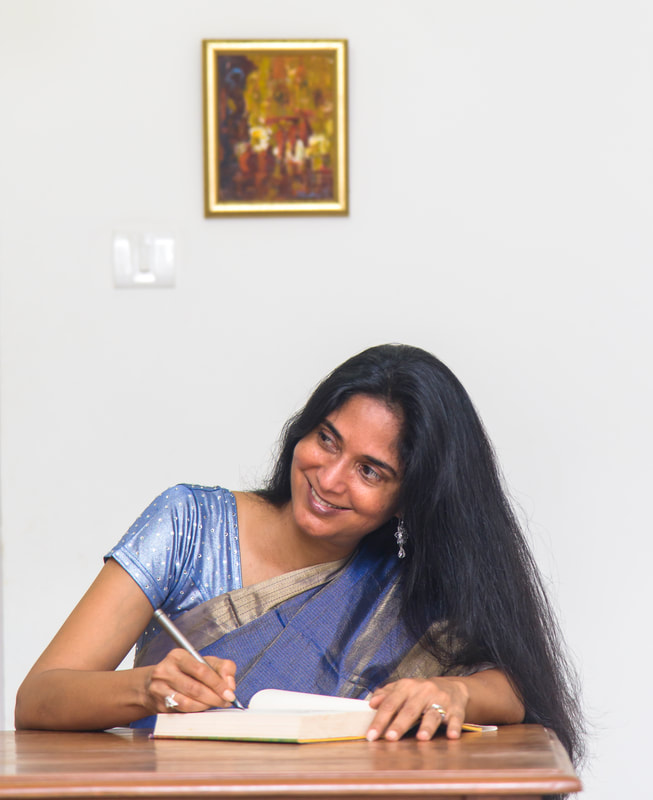
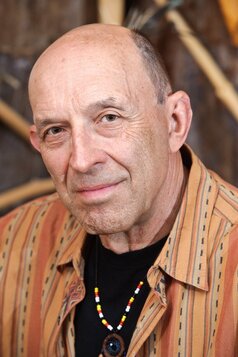
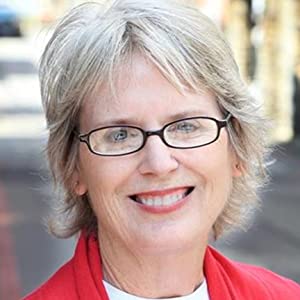
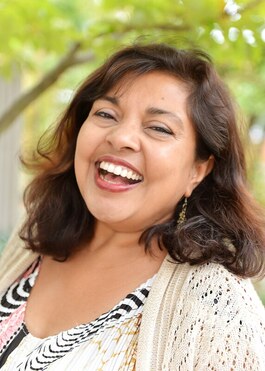
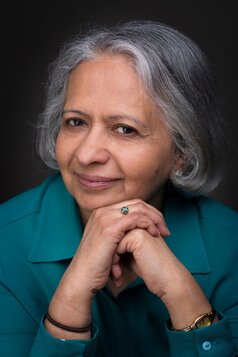
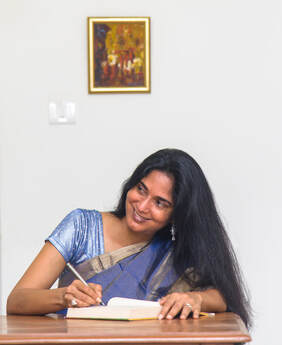
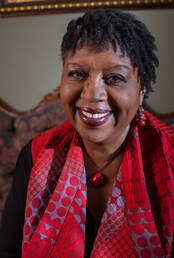
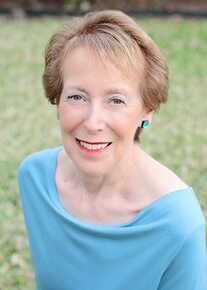
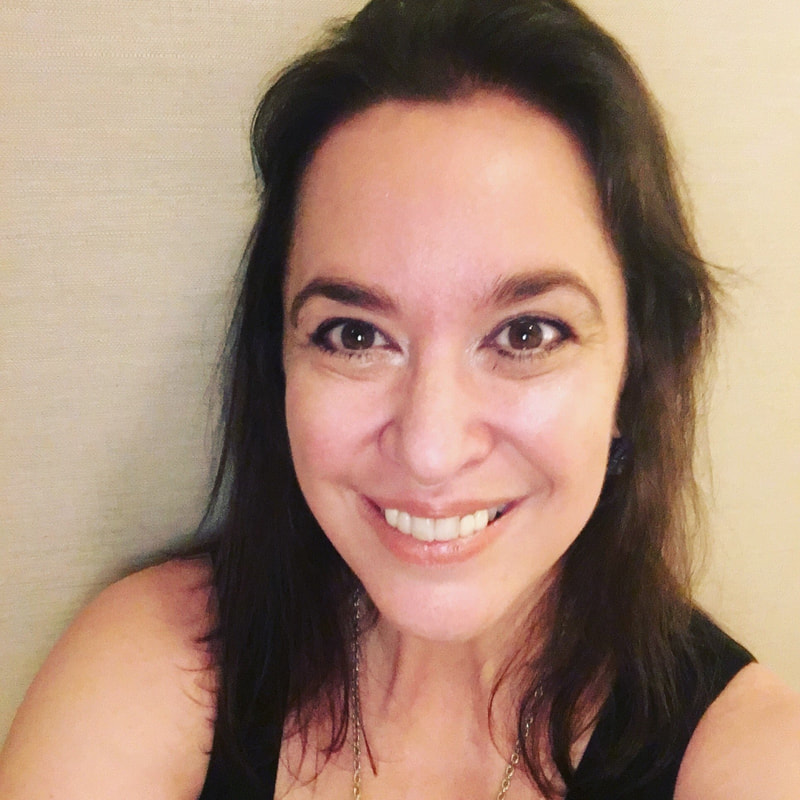
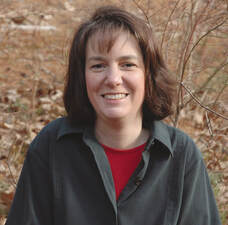
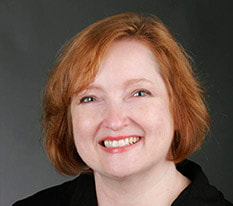
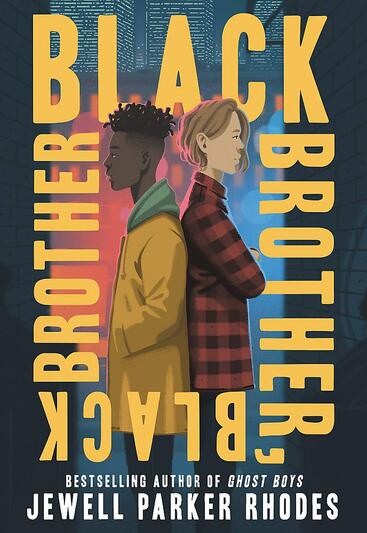
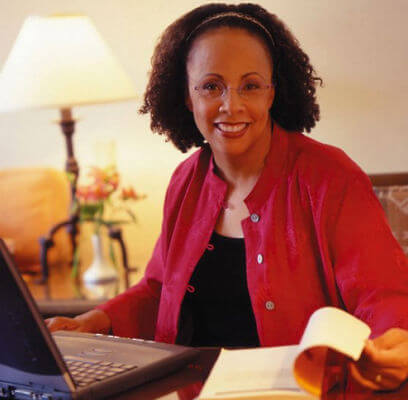
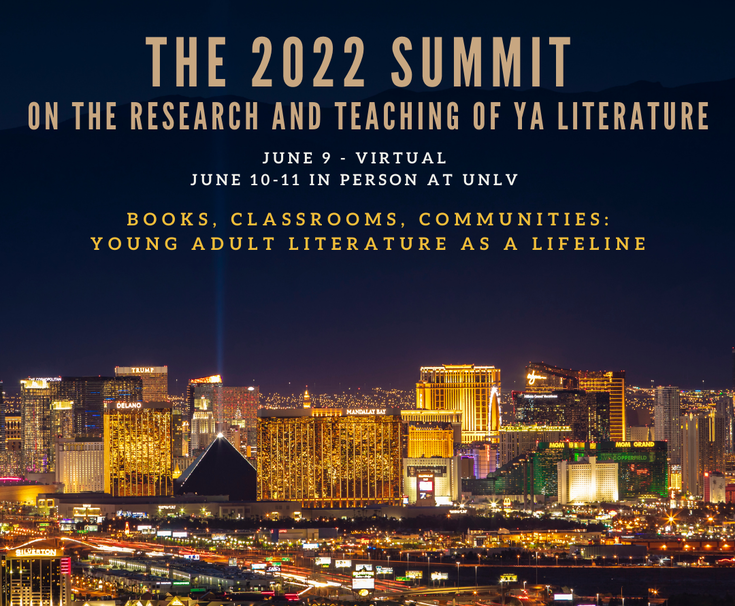
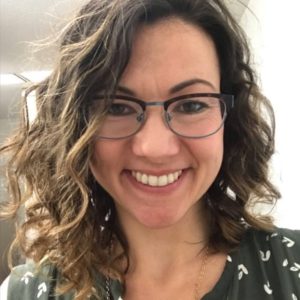
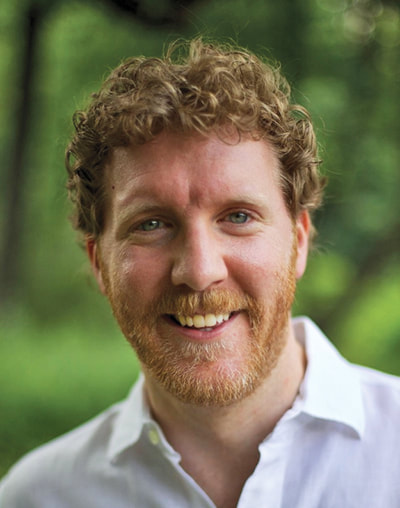

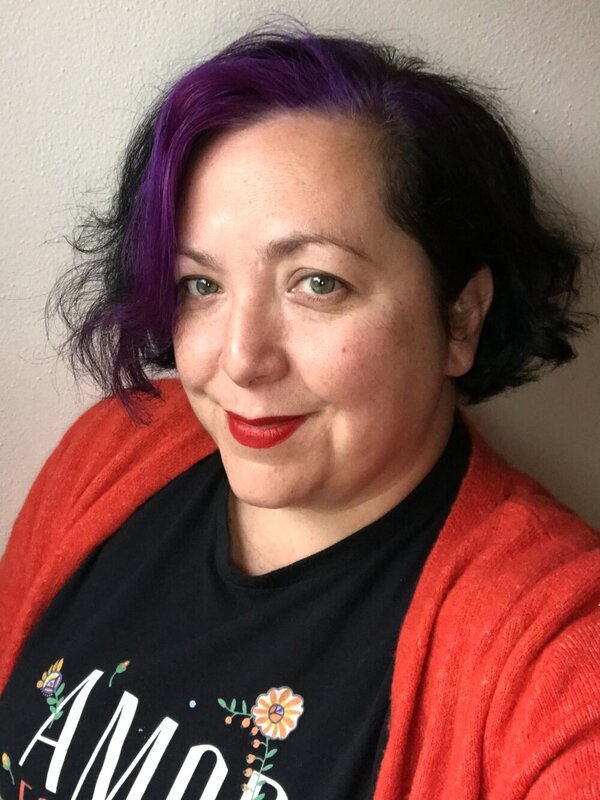
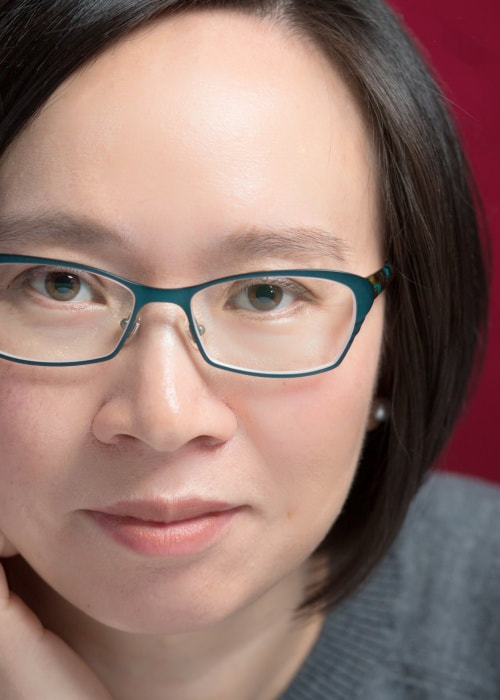
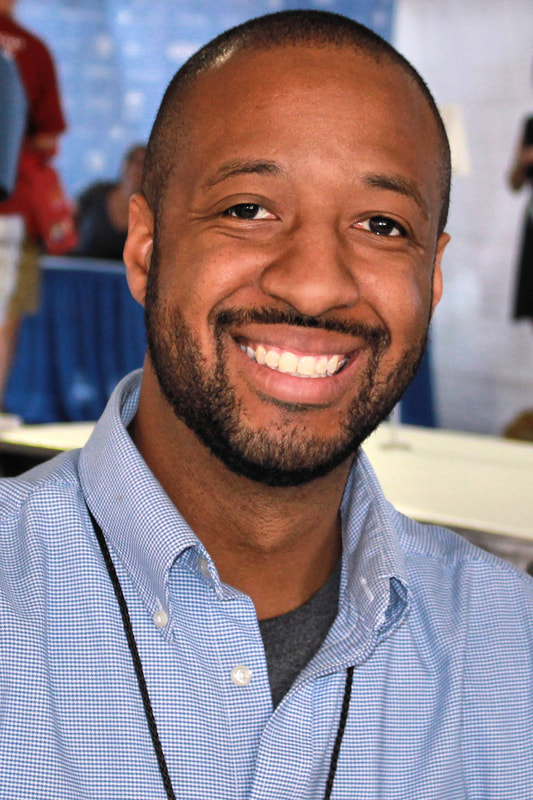




 RSS Feed
RSS Feed